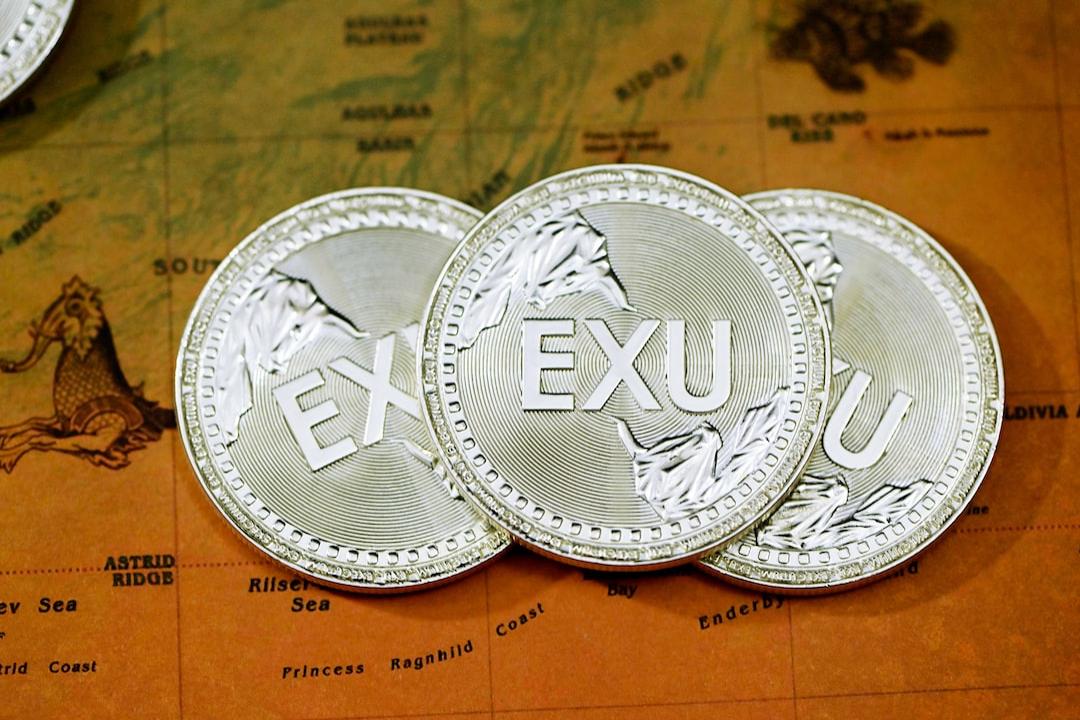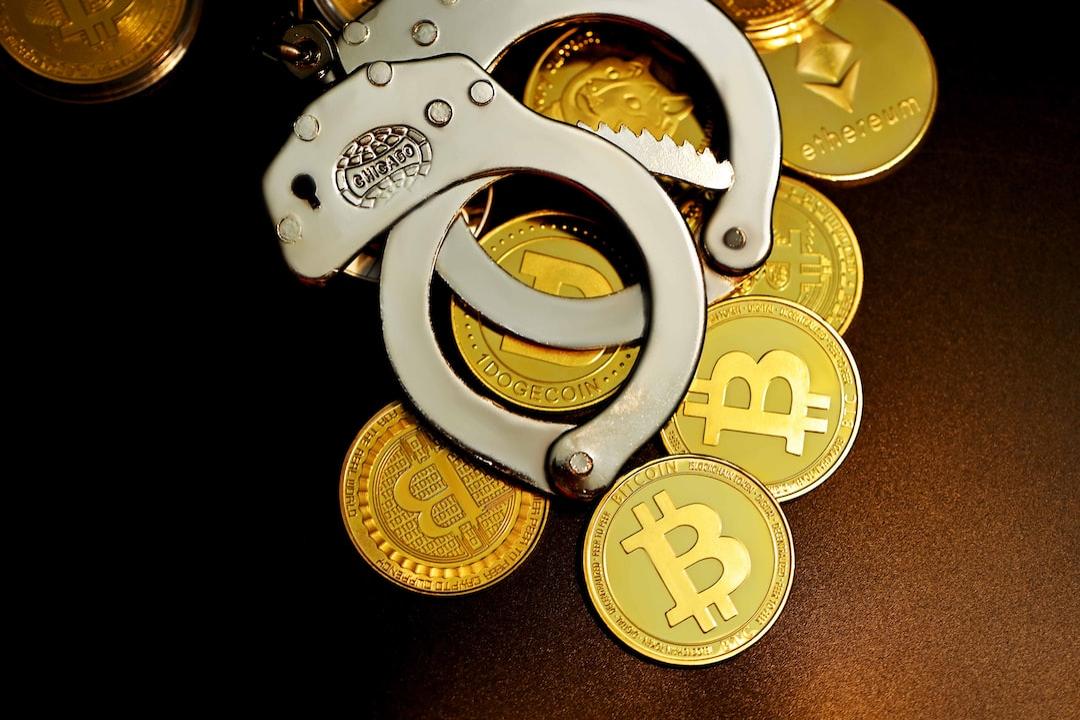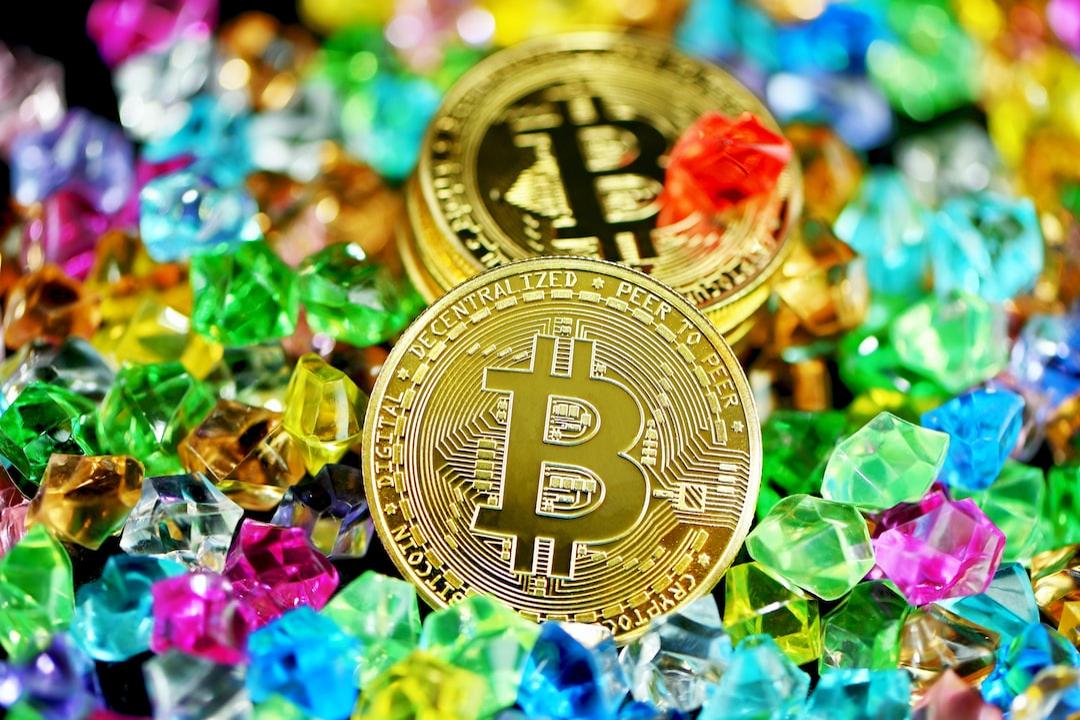Trump Announces New Tariff Policy
On the morning of the 3rd, Trump officially announced the latest tariff policy, imposing particularly harsh tariffs on several major Asian economies, including Taiwan, China, Japan, and South Korea, all of which are under immense pressure. As a result, although the Taiwan stock market cannot be clearly observed today due to the Qingming Festival holiday, the stock markets in Japan and South Korea have already experienced significant declines, and the cryptocurrency market has also been severely impacted.
(Background: Trump’s 32% tariff on Taiwan “exempts semiconductors,” TSMC ADR still fell over 6% after hours; $880 million agricultural export at risk.)
(Supplementary Background: Moody’s Analysis: Trump’s tariffs will kill “5.5 million job opportunities”; coupled with AI destroying the U.S. economy.)
New Tariff Rates Announced
U.S. President Trump announced the latest tariff policy this morning, establishing a baseline tariff of 10% for the U.S.’s global trade partners, while imposing even higher “reciprocal tariffs” on certain countries, affecting over 180 countries and far exceeding previous market expectations. The tariffs imposed on several major Asian economies are particularly severe:
- Taiwan: Increased by 32%;
- China: Increased by 34%;
- Japan: Increased by 24%;
- South Korea: Increased by 25%.
Additionally, Trump announced in a statement that the United States has entered a national emergency:
“The United States faces a massive and persistent trade deficit, which poses a significant threat to our national security and economy. This threat primarily arises from the domestic economic policies of America’s major trading partners and the structural imbalances of the global trading system. In light of this threat, I hereby declare a national emergency.”
Japanese and Korean Stock Markets Suffer
The Taiwan stock market remains closed today due to the holiday, but the stock markets in Japan and South Korea faced significant setbacks upon opening this morning. According to Google Finance data:
- The Nikkei 225 index opened with a substantial drop, currently down 1,132.15 points, reporting at 34,593 points, a decline of 3.17%.
- Hong Kong’s Hang Seng and Shenzhen Composite indices also saw declines of 1.5%.
- The South Korean Composite Stock Price Index (KOSPI) experienced a smaller drop than Japanese stocks, but still fell by 0.78%, currently at 2,486 points.

Increased Market Risk Aversion
In this context, Japanese media NHK reported that the reciprocal tariffs imposed by Trump on Japan are higher than previously expected. Economists are concerned that this move will not only impact the Japanese economy but could escalate further and severely affect the global economy, leading to heightened market risk aversion.
Meanwhile, South Korean media reported that Trump’s actions effectively render the U.S.-South Korea Free Trade Agreement obsolete. The acting President of South Korea has convened an emergency meeting, stating that Trump’s latest actions have made a global tariff war a reality.
Cryptocurrency Market Hit Hard
Trump’s tariffs have similarly impacted the cryptocurrency market, with Bitcoin briefly plunging to $82,169 this morning, experiencing a drop of up to 3.98% within 24 hours; Ethereum fell to a low of $1,781, a decline of 3.92%.
According to Coinglass data, over 160,000 people faced liquidation in the past 24 hours, with the total liquidation amount reaching approximately $490 million. Before the announcement of Trump’s tariffs, the cryptocurrency market had seen a brief rally, which quickly turned into a market sell-off after the tariffs were announced, resulting in a double blow for both bulls and bears.


Related Reports
- Is there still hope for Trump’s tariff nuclear bomb? U.S. Treasury Secretary: There will definitely be negotiations; countries are advised not to retaliate.
- Trump expresses frustration with Putin, threatens to increase tariffs on Russian oil and warns Iran of bombing if no nuclear agreement is reached.
- Countdown to Trump’s “Liberation Day” reciprocal tariffs; Citibank analyzes three potential scenarios.

